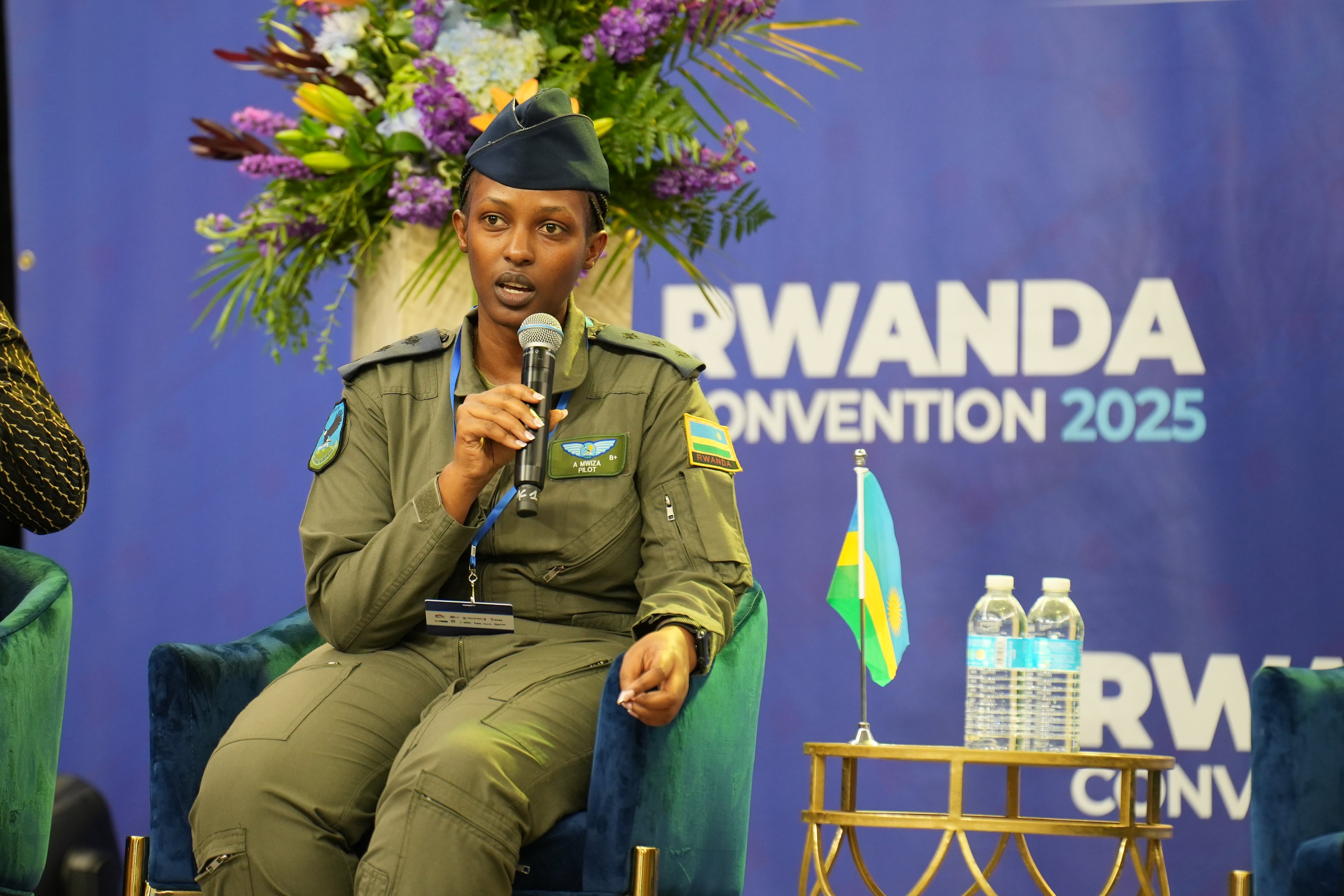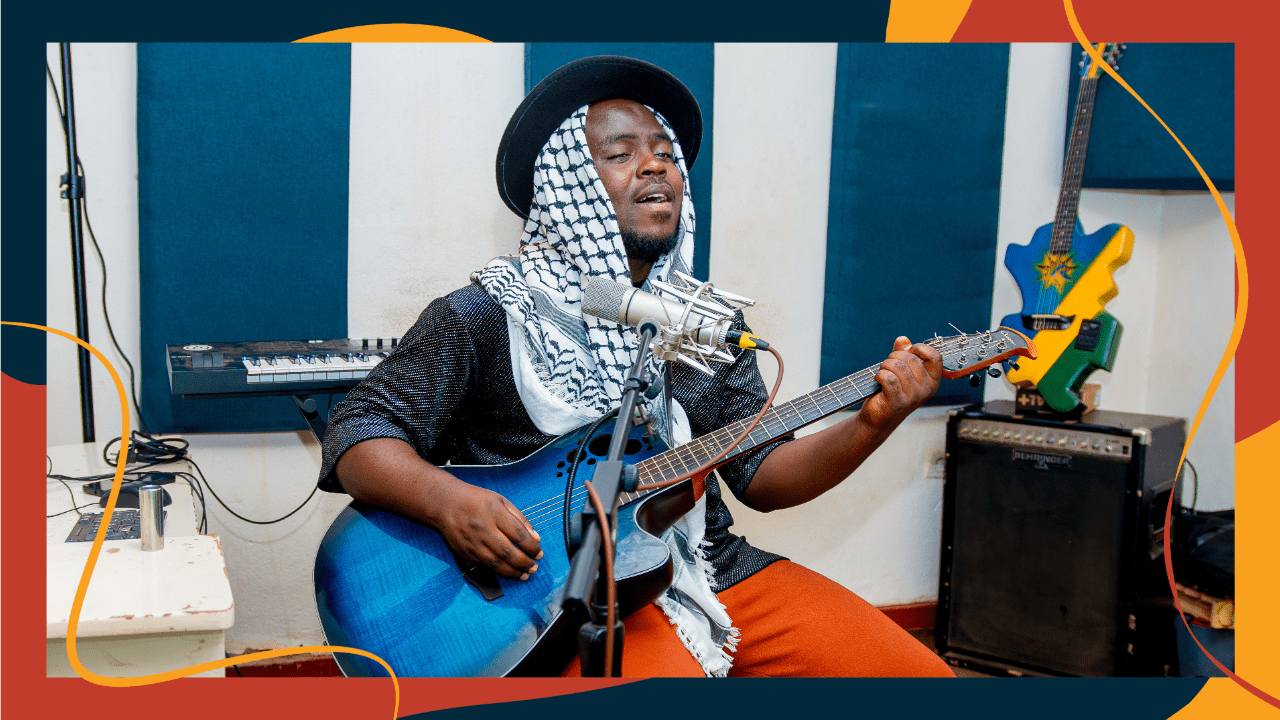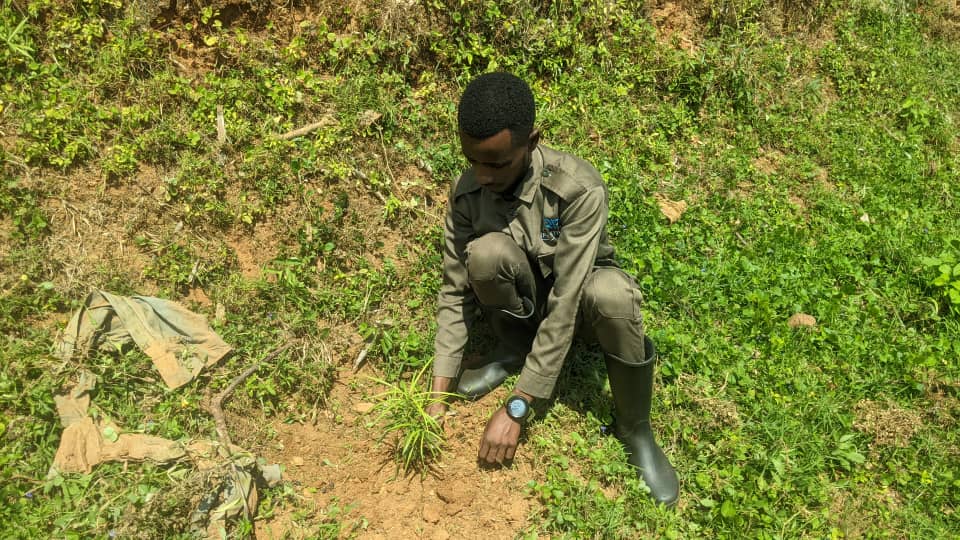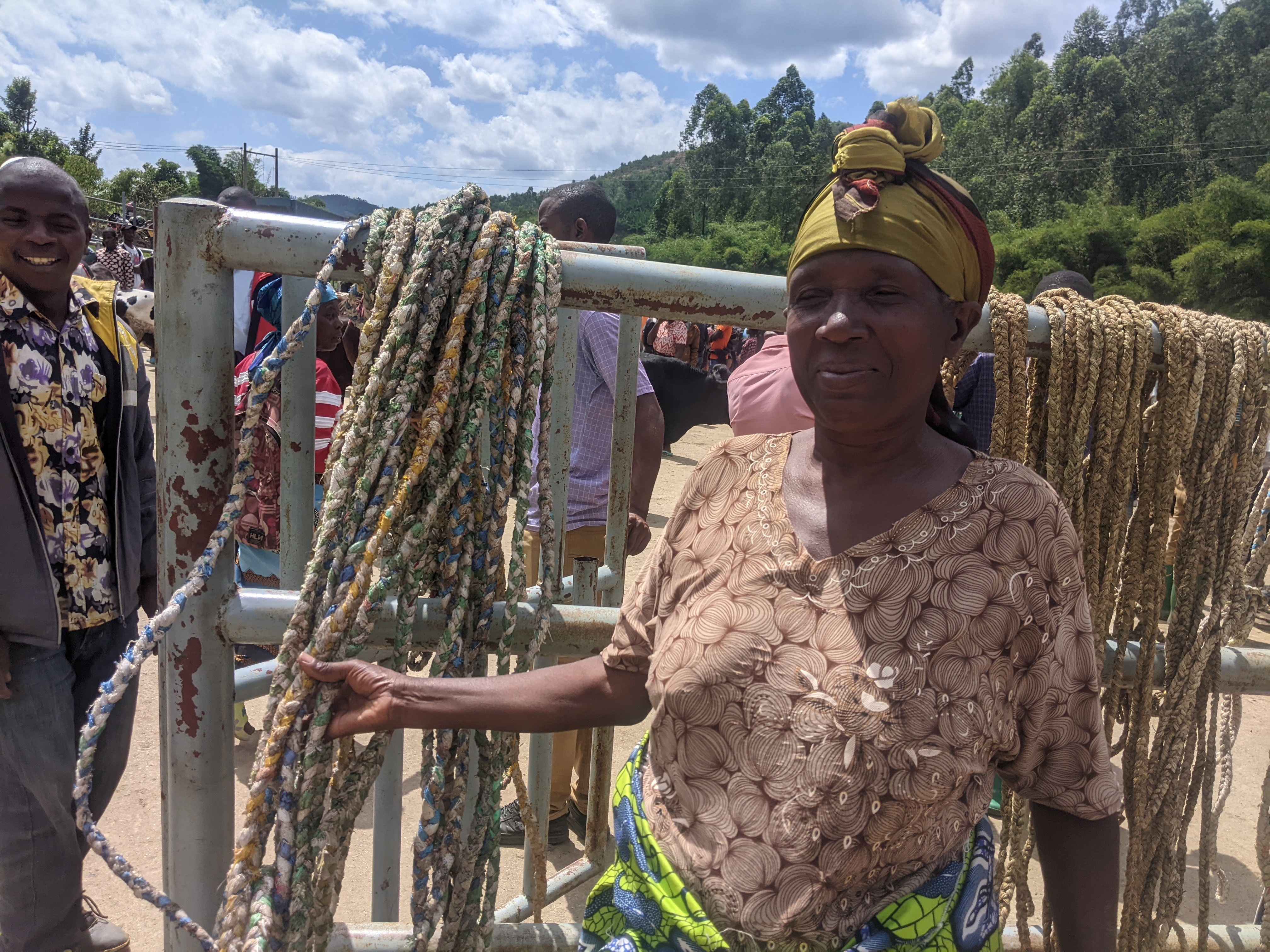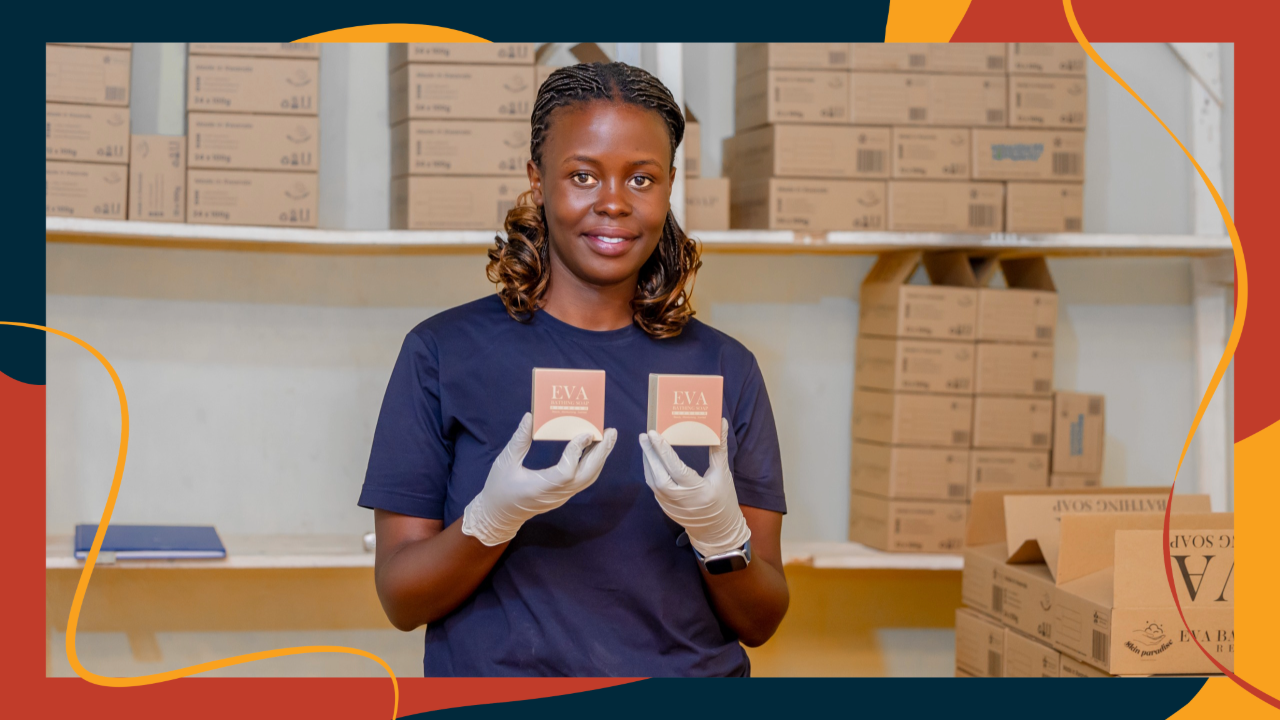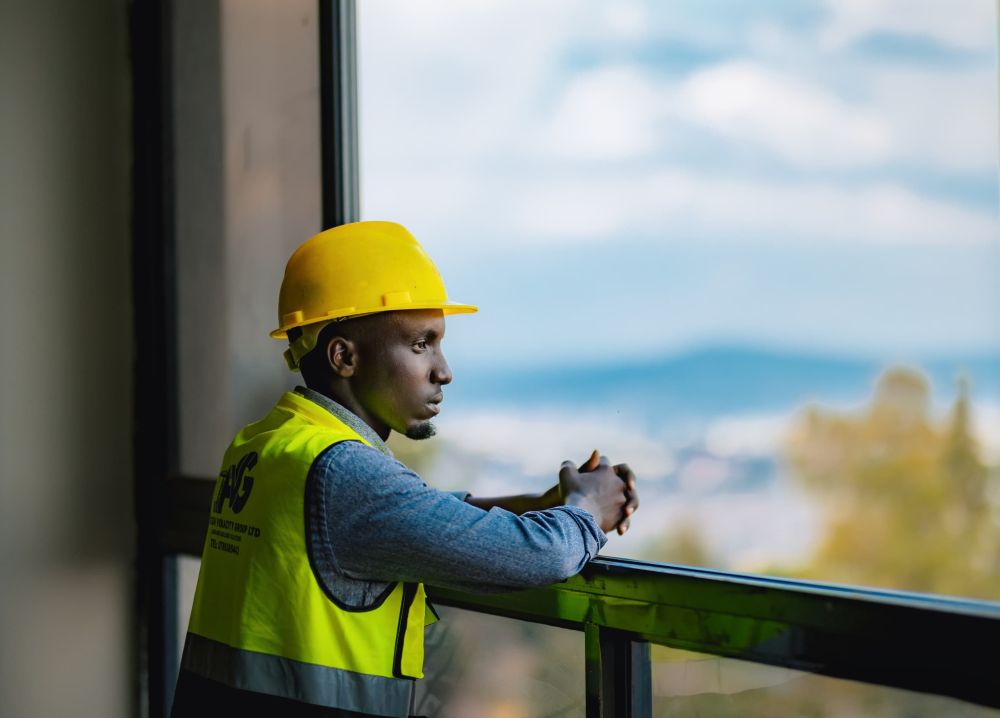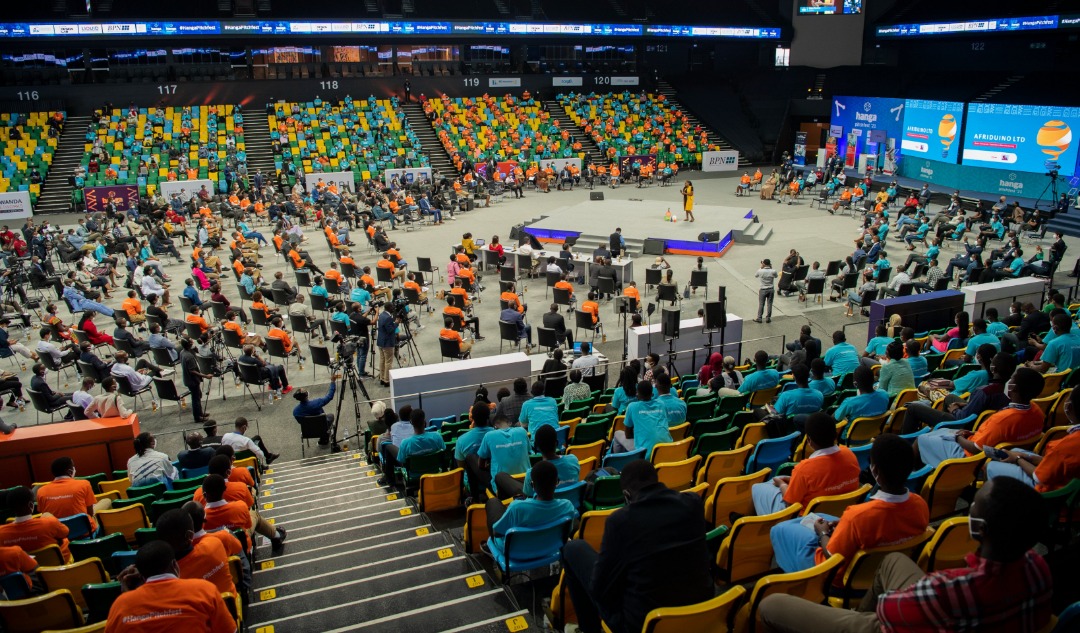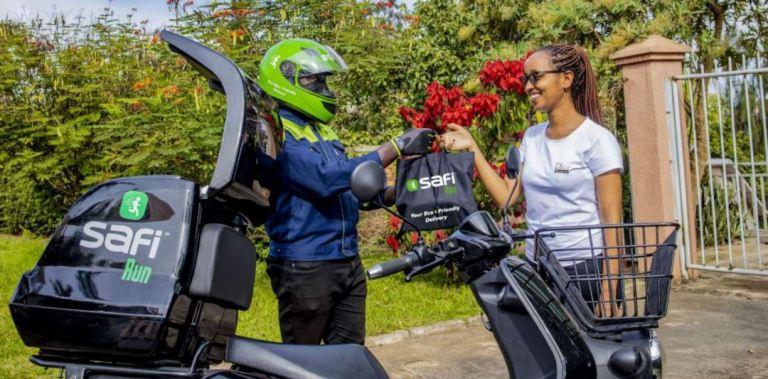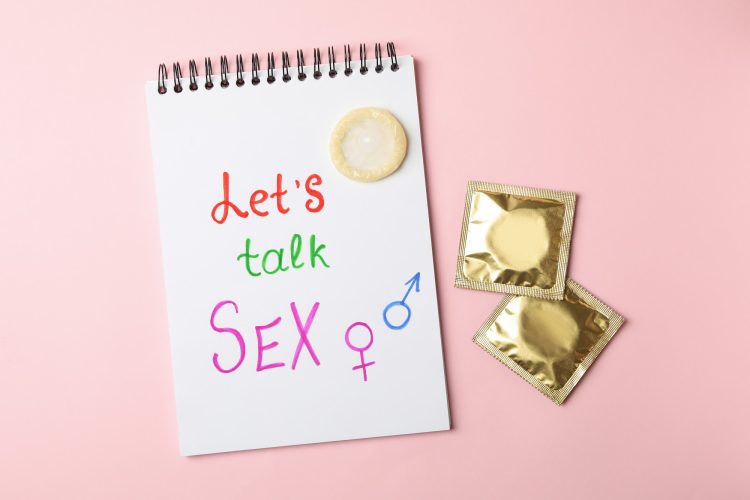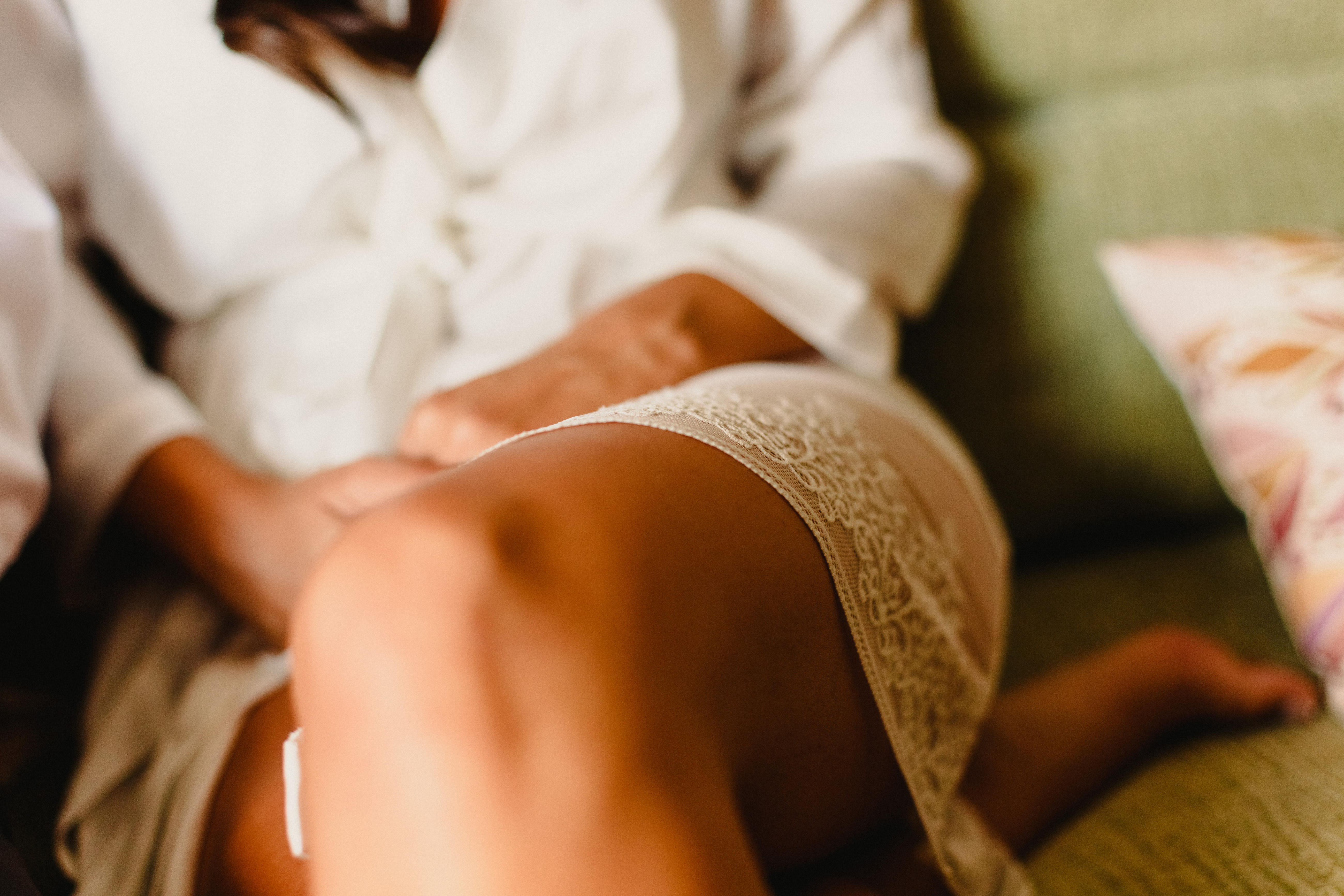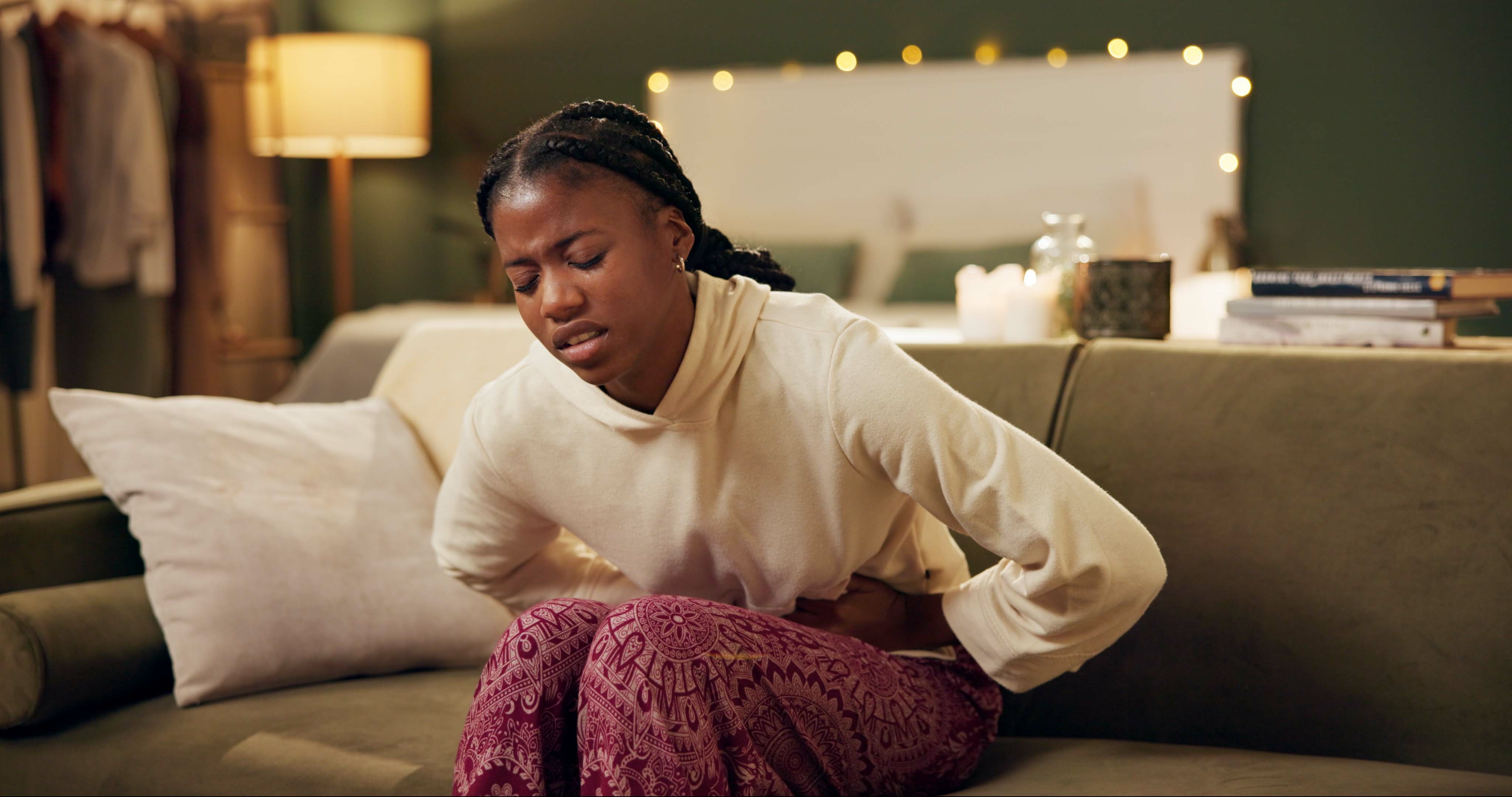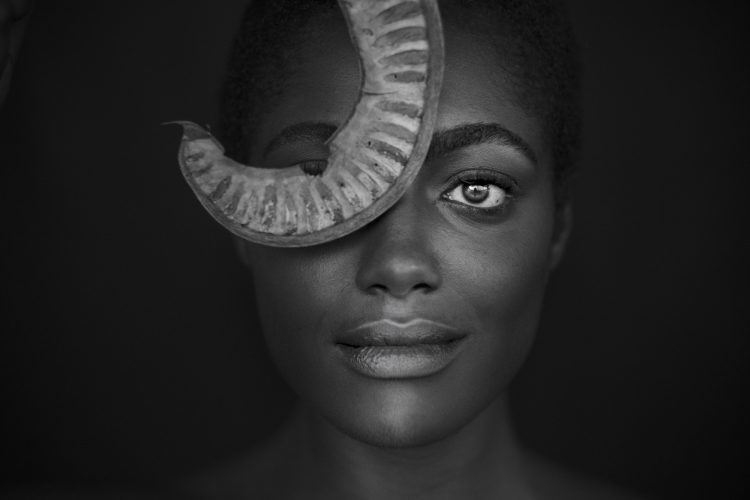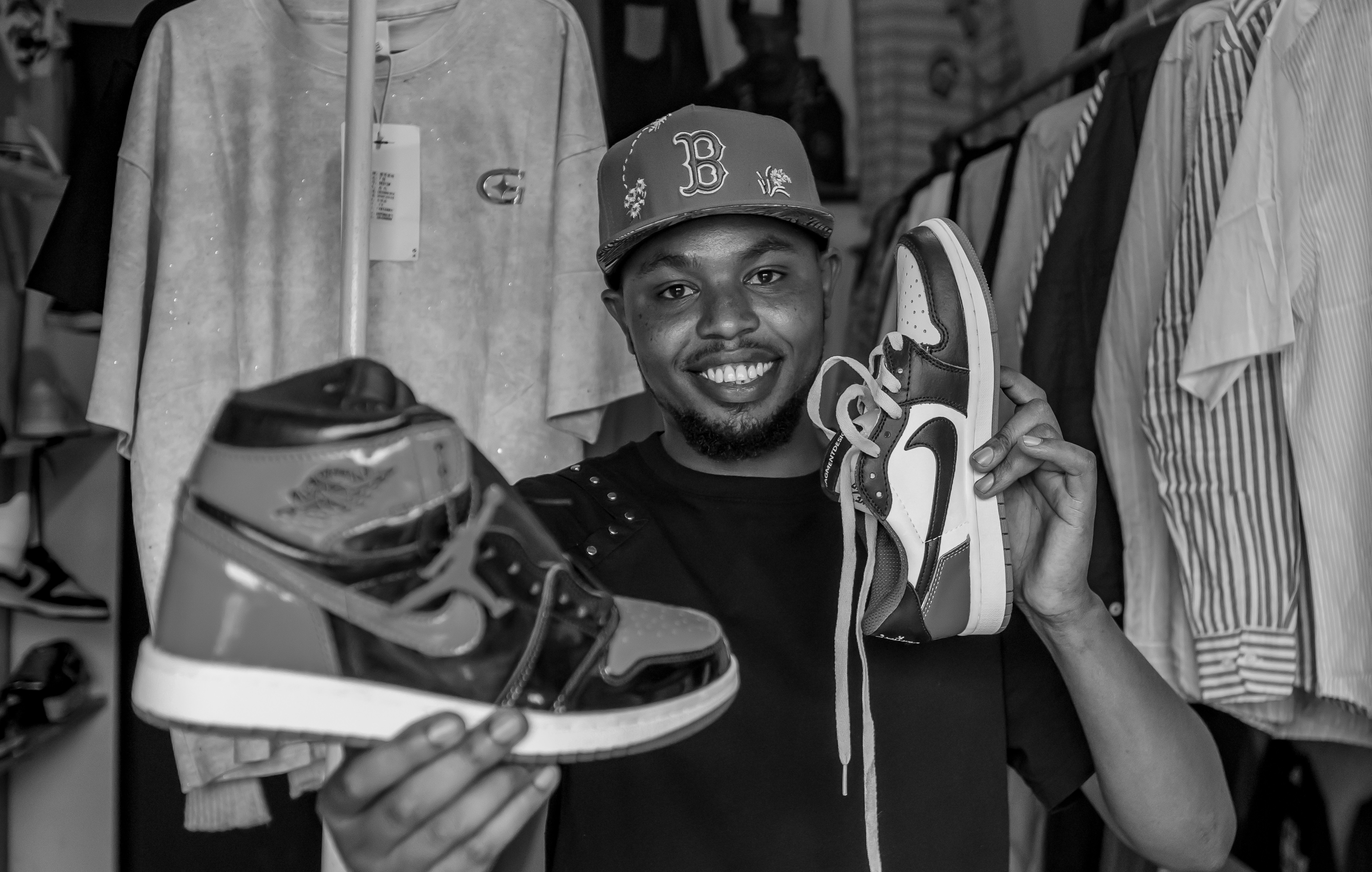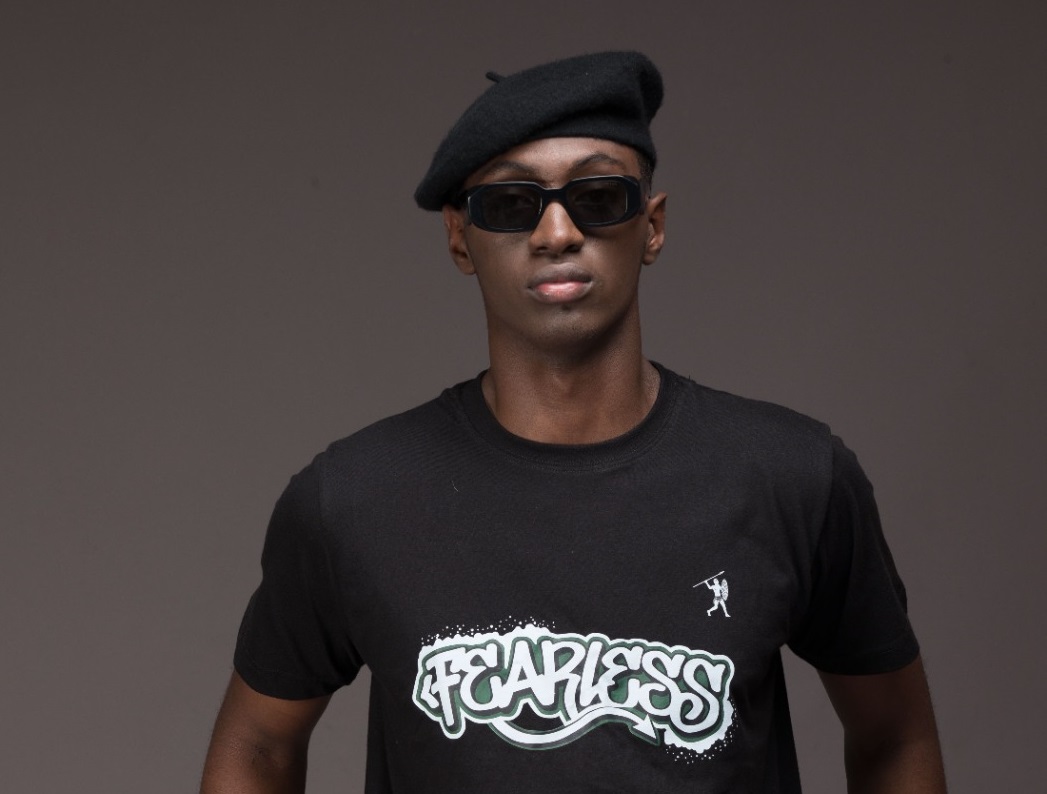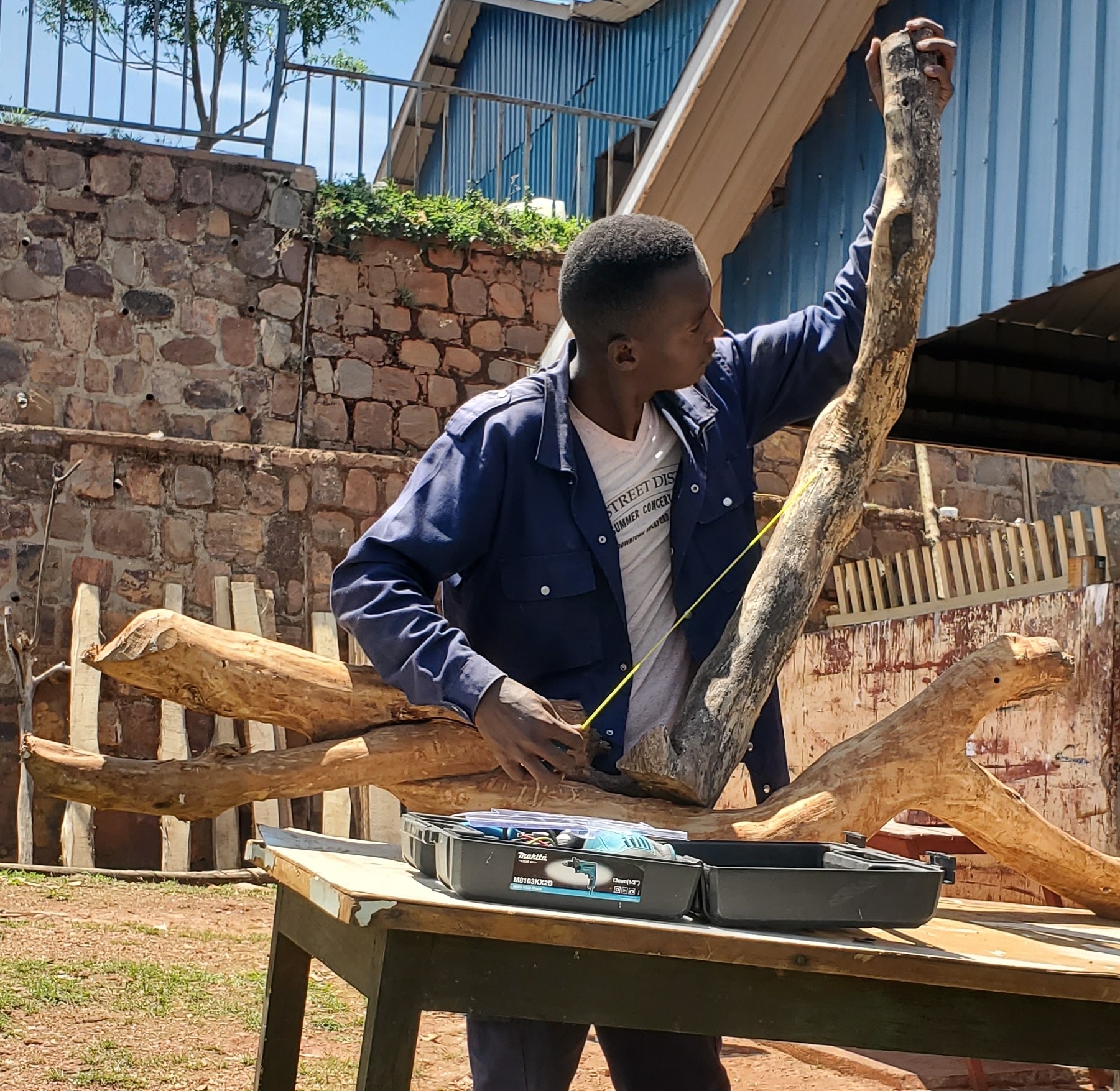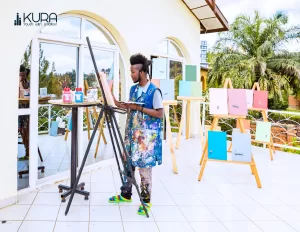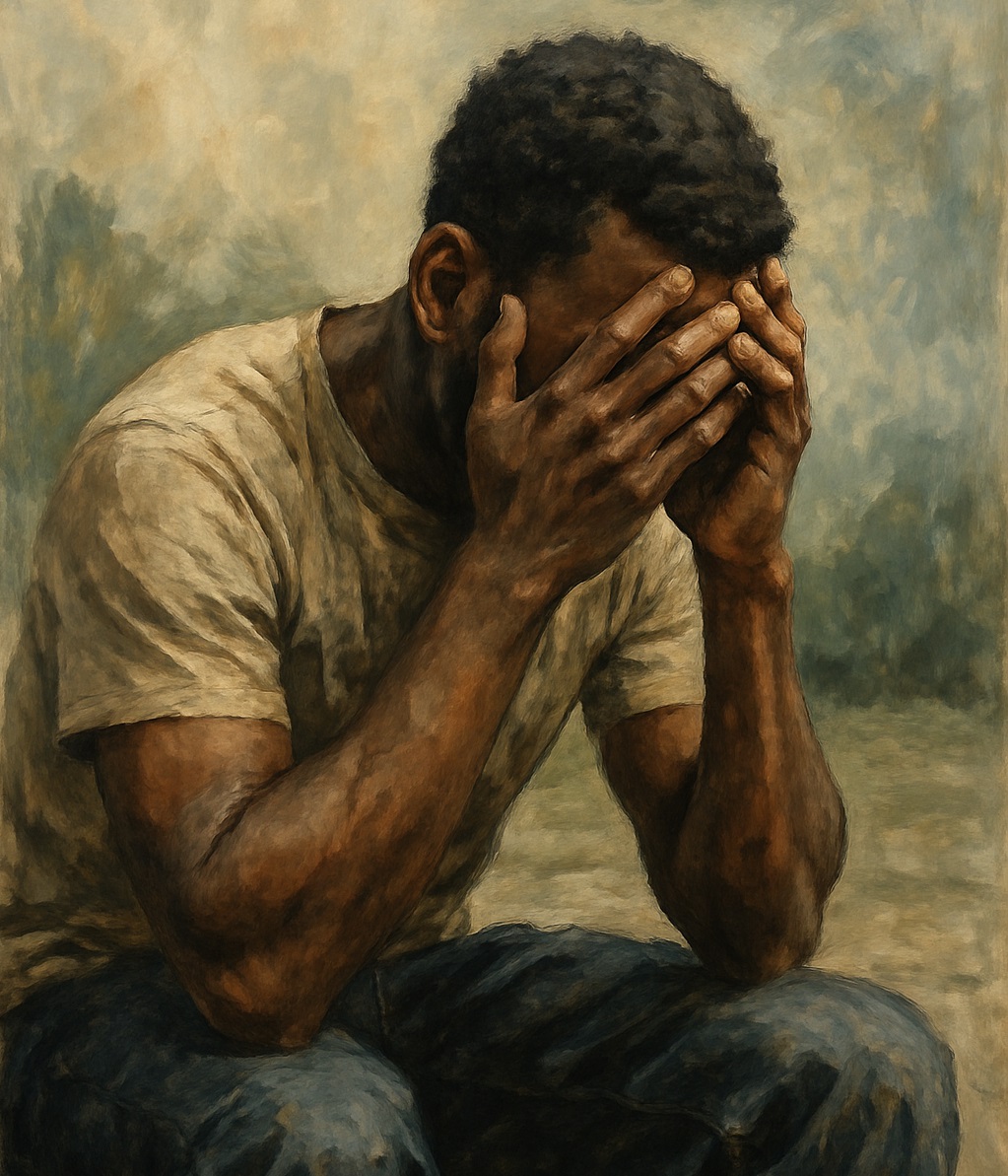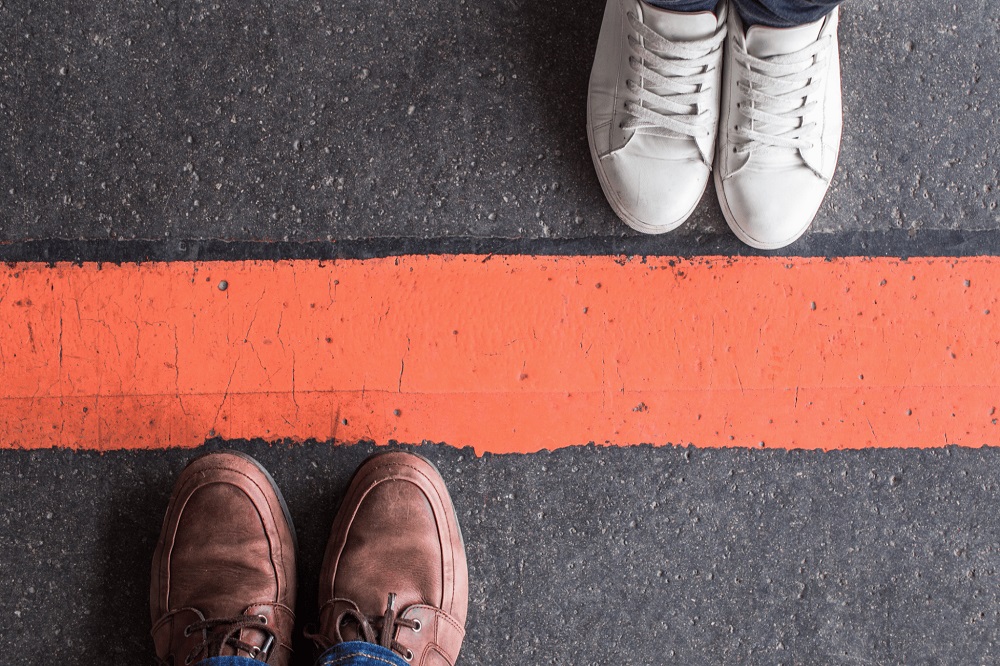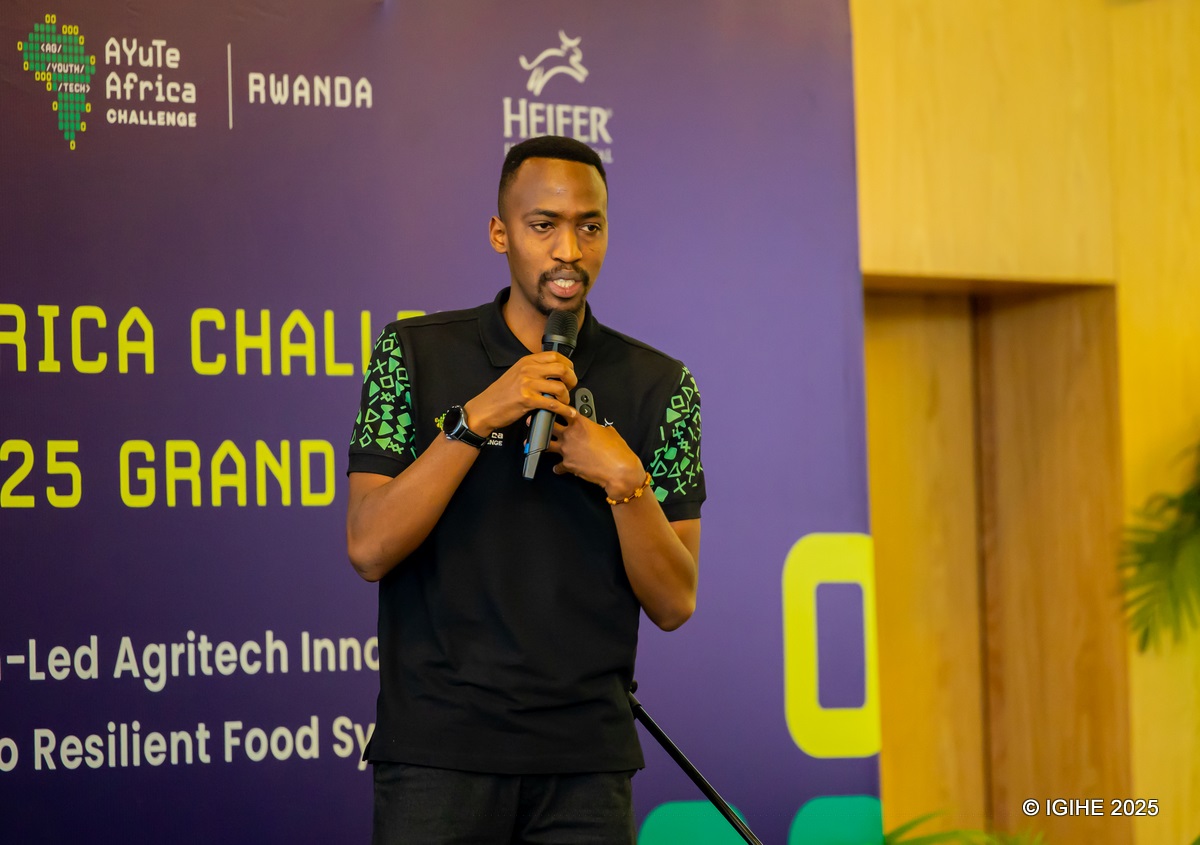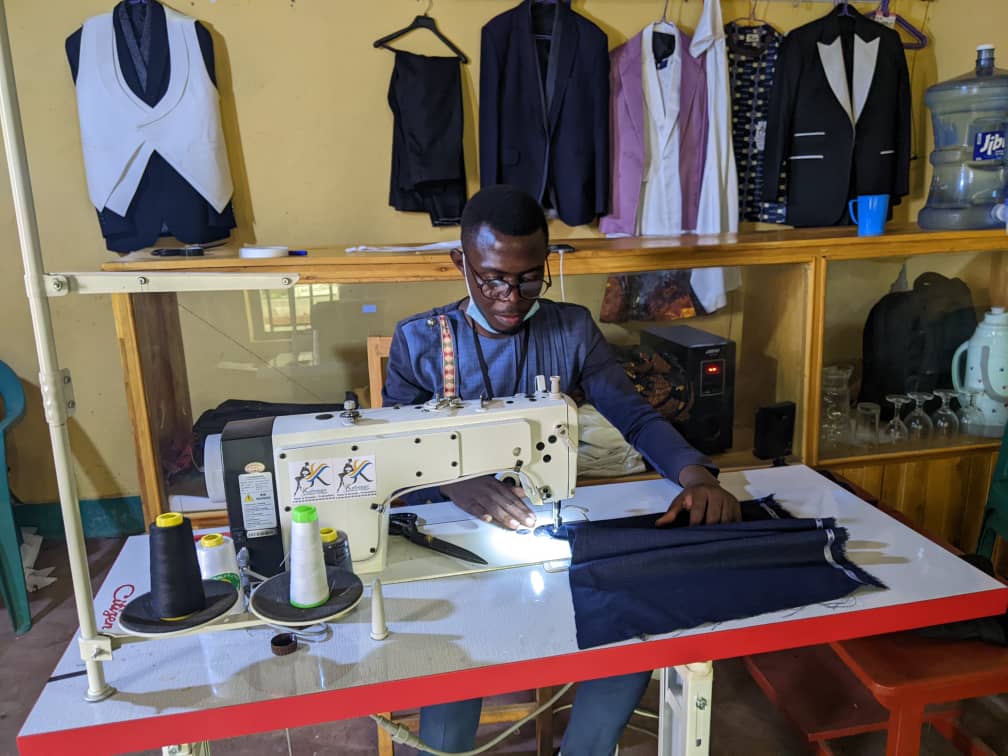When the Rwandan government increased taxes on second-hand clothes (caguwa) some saw it as a lost opportunity while others saw a business idea.
Mutiyimana Emmanuel, better known as Kabongo from Nyamasheke district, is a fashion designer who has made a name for himself in tailoring modern shirts, jackets, trousers, and dresses.
In an interview with KURA, Kabongo, who owns a clothing workshop in Tyazo center, said his passion for fashion design grew after Rwanda decided to ban caguwa clothes.
On July 1, 2016, Rwanda raised the taxes on worn clothes from 0.2 dollars per kilo to 2.5 dollars, and on worn shoes from 0.2 dollars per kilo to 5 dollars.
At that time, Kabongo, who was in his fifth year of secondary school, realized that clothes made in Rwanda were about to gain value. This young man, with little knowledge about sewing machines – having seen his father use one – requested his school to buy him a sewing machine so he could tailor school uniforms for students at the school.
The school agreed and bought the machine, paying him a percentage of the profits he made. This encouraged him to pursue tailoring and fashion design more passionately.
After completing high school, he went to Tyazo center to learn the trade of tailoring.
While learning the trade, people started liking his work and brought him fabrics to tailor. Upon finishing his studies, investors who owned tailoring workshops in Tyazo approached him with job offers. He chose one and started working there, but he noticed many customers inquiring specifically for him.
In 2019, he quit his job to start his own business. He had the idea to start his own venture without any equipment. He found someone with a sewing machine, rented it, and paid 3,000 Rwandan Francs per month for it.
The following year, as his finances improved, he bought two sewing machines and employed two people, while continuing to rent the initial machine. However, his business experienced a slight hiccup due to the COVID-19 pandemic in that year.
In 2022, Mutuyimana participated in the Art Rwanda – Ubuhanzi competition, which searches for talented individuals. The judges, impressed with his designs, gave him five Yeses.
This exposure led to more recognition, and people from various districts started seeking him out for his unique designs, similar to those he showcased in the Art Rwanda – Ubuhanzi competition.
His achievements didn’t stop there. In the same year, he participated in the YouthConnekt competition and was selected as one of the four talented representatives from the Western Province.
He received a prize of one million Rwandan Francs and was the second-place winner in his category at the national level, receiving a prize of five million Rwandan Francs.
Kabongo appreciates the organizers of the talent search competitions for helping nurture his talent and thanks the government for valuing clothes made in Rwanda.
He says, “It pleases me when someone abroad calls me and says they like my clothes and would like me to tailor a shirt for them. I am grateful to those who organized the talent search competitions and to the government for increasing taxes on caguwa, as this has increased the value of Rwandan-made clothes.”
Mutuyimana, who now employs 10 people, aims to establish a clothing factory and employ over 50 workers.
He advises those who think Made in Rwanda products are expensive that the solution to reducing their cost lies within themselves. If they continue to love and buy these products in large numbers, the prices will eventually decrease.
Currently, Kabongo owns a clothing workshop that includes various types of sewing machines, including two that cost 700,000 Rwandan Francs each and another worth 600,000 Rwandan Francs. The total value of his machines is four million Rwandan Francs.

